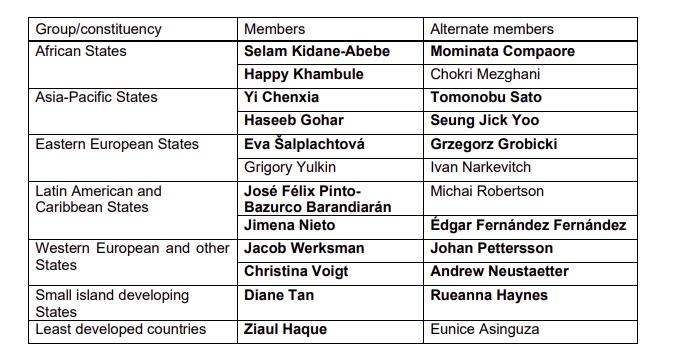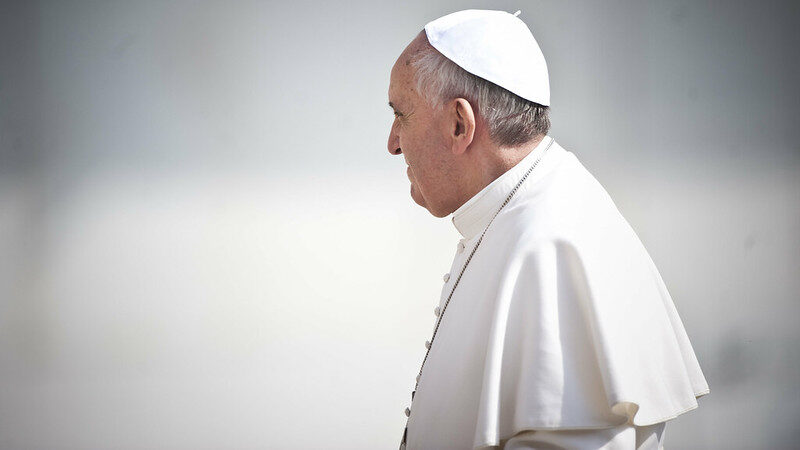A committee set up to pressure governments into complying with the Paris Agreement has issued its first warnings, rebuking the Vatican City for not submitting a climate plan.
Eight years after the Paris climate agreement was created, its Implementation and Compliance Committee (Paicc) issued its first reprimands this week.
Committee co-chair Christina Voigt said that two governments had been told that they were in breach of legally-binding aspects of the agreement and asked to explain themselves.
Today, the Paris Agreement Implementation and Compliance Committee (PAICC) has – for the first time – notified two Parties of the initiation of consideration of issues, regarding Art. 4(2) and Art. 9(5) Paris Agreement, respectively.
With this, PAICC has become operational.
— Christina Voigt (@ChristinaVoigt2) May 9, 2023
No plan Vatican
Voigt would not tell Climate Home which governments were involved. She said one government failed to submit a climate plan and one failed to tell the United Nations what level of climate finance it expects to provide.
The Vatican City, the micro-state in Rome where the Pope lives, is the only government that has ratified the Paris Agreement but not submitted a climate plan, known as a nationally determined contribution (NDC).
It has a population of just 825 and only ratified the agreement in September 2022. Voigt told Climate Home the government the committee warned had joined the Paris Agreement “recently”.
Finance flows
The other reprimand was for breaching the Paris Agreement’s climate finance requirement. Developed countries need to tell the United Nations every two years how much money they expect to give developing countries to help them tackle and adapt to the climate crisis.
The Paris Agreement has no list of which countries are considered developed and Voigt said that had been a “difficult question” which “the committee had to get their 24 heads around”.
Governments that could be considered developed but which have not submitted this document, known as an article 9.5 communication, include Turkiye, Iceland, Russia, Ukraine and Belarus.
Turkiye has fiercely resisted being grouped together with rich nations in climate talks, a classification which implies governments should give and not receive climate finance.
Its government refused to ratify the Paris Agreement until 2021 over concerns it would be considered developed and only signed it specifying that it would implement it “as a developing country”.

The committee’s members represent different regional groups
Russia, Ukraine and Belarus are classified with other former Soviet Union countries as “economies in transition” in the UN climate rule-book which was drawn up at the first climate talks in 1992.
Wealthy countries like South Korea, Qatar and Israel were not listed as developed in this 1992 classification, which remains influential in UN climate diplomacy.
Compliance matters
Most provisions of the Paris Agreement are voluntary. But Voigt said it was important that the few legally-binding aspects were complied with as the agreement is the “minimum global consensus of what parties are supposed to do”.
She said that submitting NDC climate plans exerts “peer pressure to push up ambition to where is needed in order to address the climate crisis”.
Governments must predict their climate finance, she said, because many developing countries plans are conditional on the level of climate finance they will receive so they need to know in order to “adjust their level of ambition”.
The committee has written to the two governments. Voigt expects to have a dialogue where the governments set out what they’re going to do to comply and for the situation to be “easily remedied”.
The names of the two governments may be revealed in late September or early October, she said, when the committee issues a regular report.
